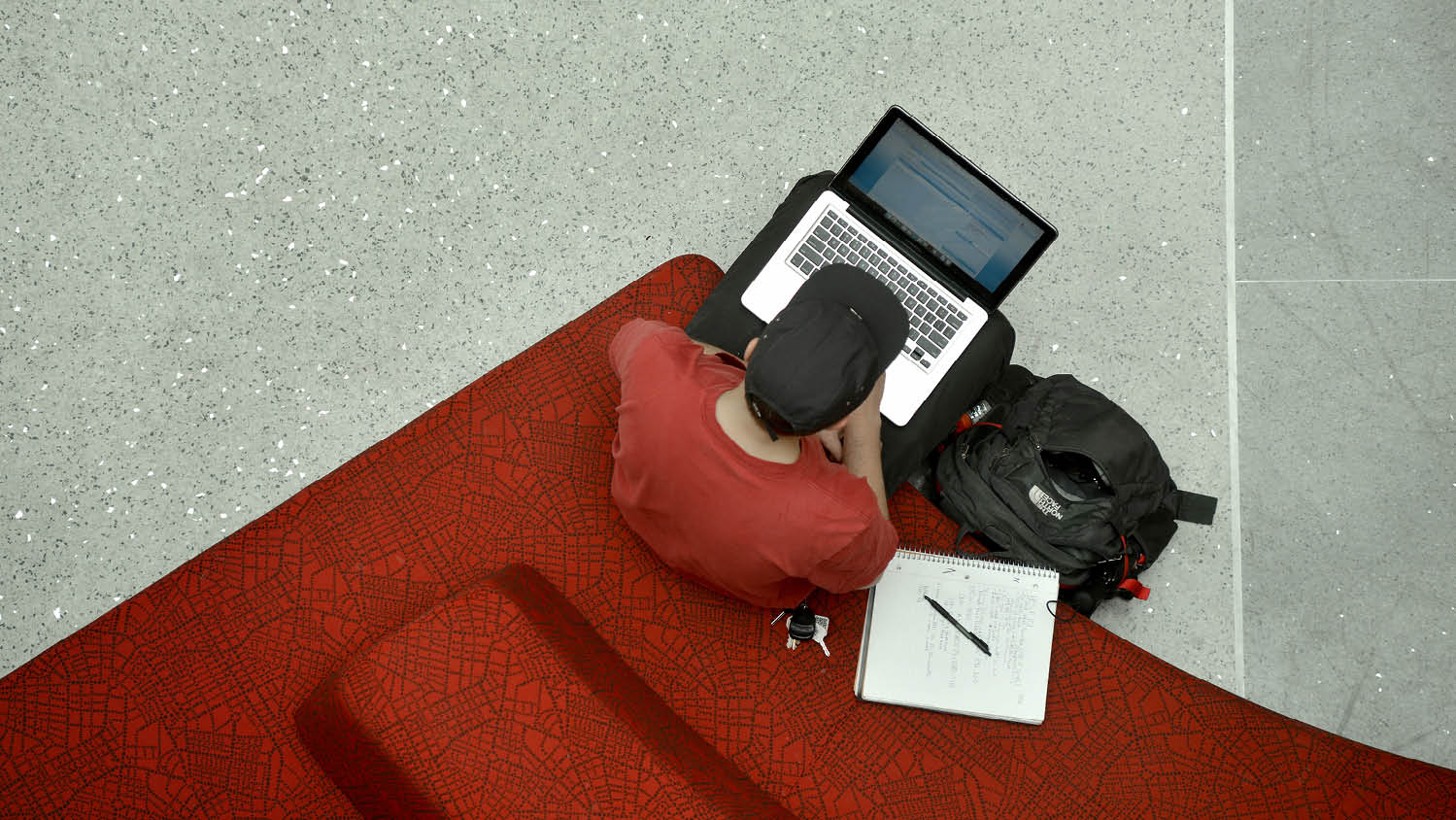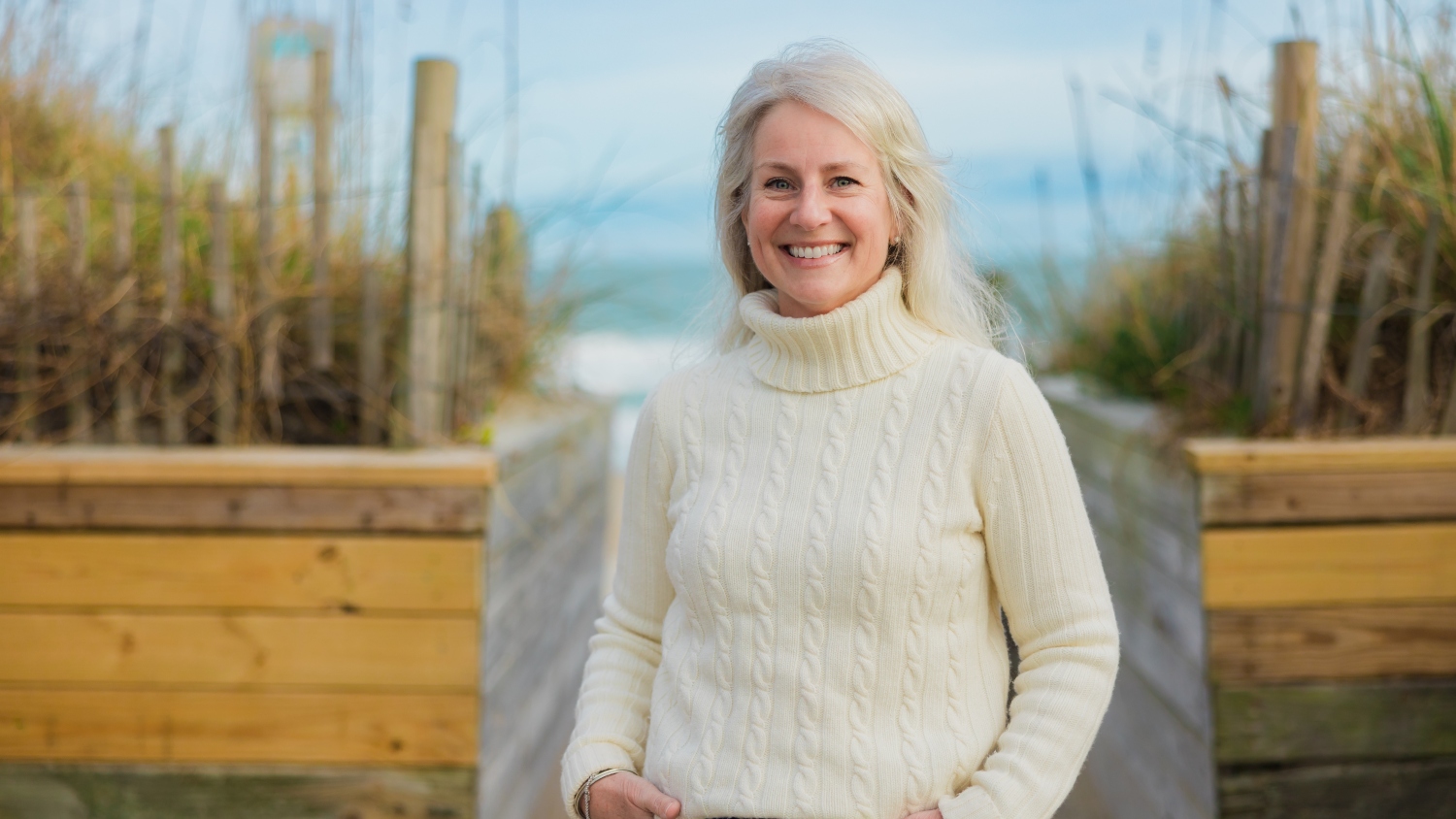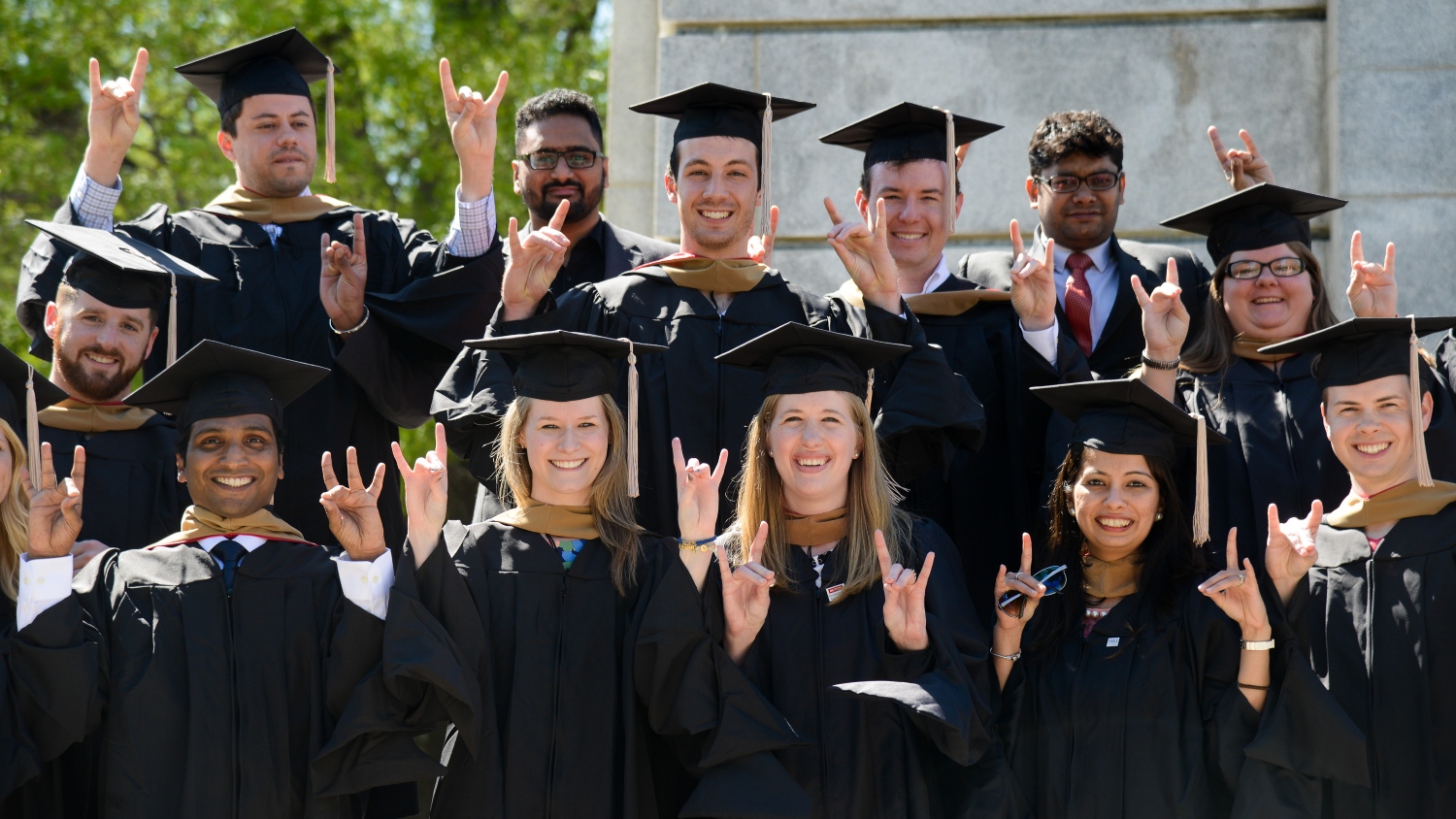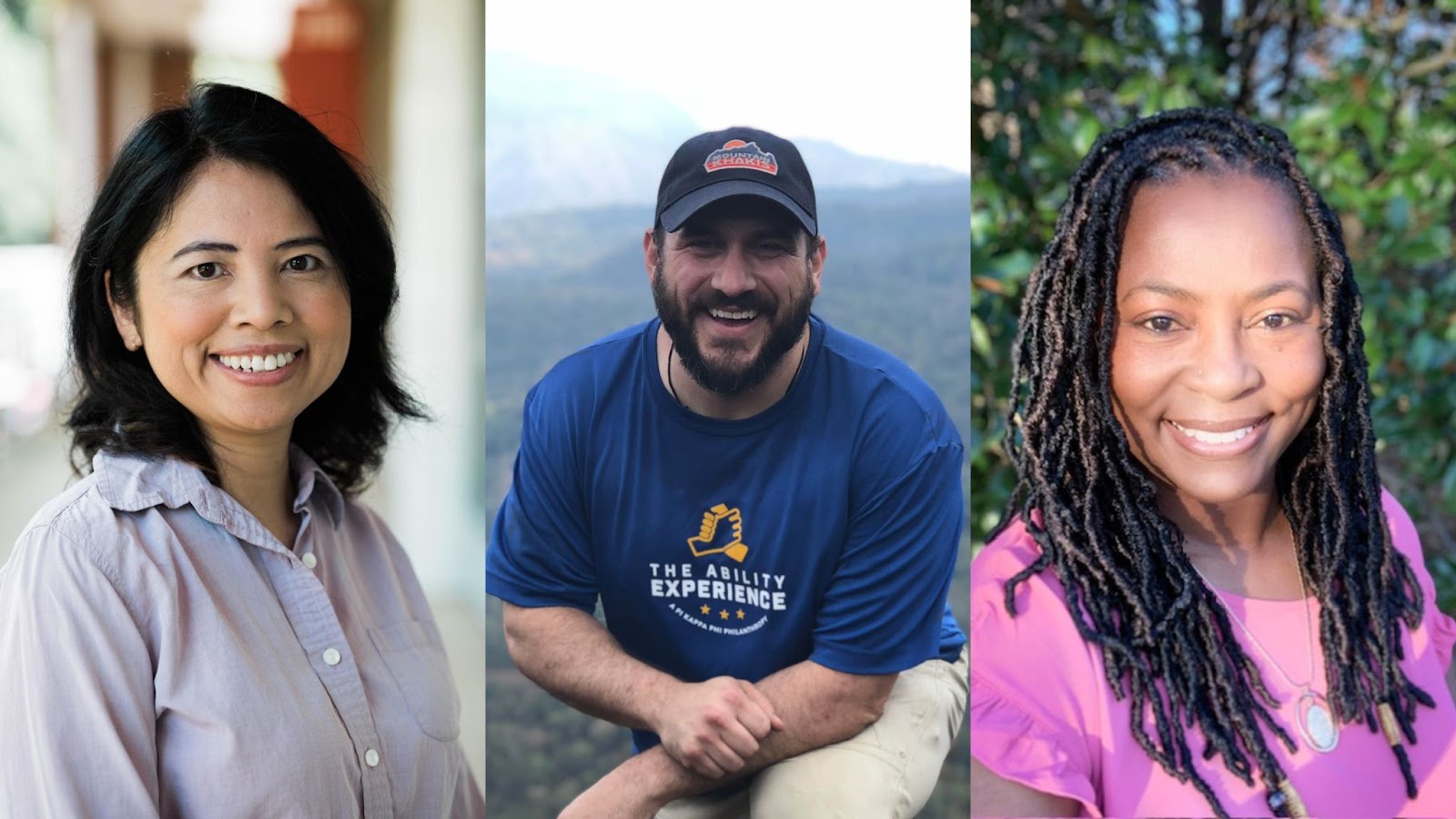Planning a Virtual Event: Q&A with Julie Fleming

From June 15 to June 20, the Jenkins MBA program held its Raleigh Residency Program for current professional and online students. This program requirement allows students the opportunity to take an MBA class in the span of three days as well as connect them with classmates across the globe.
In the following Q & A, Julie Fleming, Director of Advising and Student Affairs, goes into more detail about how this Raleigh Residency was different from previous years, the challenges she has faced implementing this event, and how she prepared students and professors for the shift to virtual.
Q: How is this Raleigh Residency week different from previous years?
A: The main difference is a big one: Typically, Raleigh Residencies are three-day events held on-campus and in-person. This summer, due to COVID-19, our Residencies are being held entirely in the virtual space. It is a dramatic departure from our standard Raleigh Residency model! Dr. Leigh Shamblin, who is the faculty lead for Residencies, did a tremendous job organizing, trouble-shooting, and thinking creatively about how these programs could be successfully delivered online.
Q: What challenges have you faced implementing this event?
A: Raleigh Residencies are designed to foster personal connection and networking amongst our professional students, faculty, and staff. Our concern and focus in all stages of planning was: “How do we bring that same energy and sense of connection to this three-day event in a virtual space?” Residencies include not only the classroom and team experience, but also meals and social opportunities. We wanted to make sure that students could still feel that energy online.
Q: How did you prepare the students and professors for the shift to virtual?
A: We started with confirming that, even though we would be virtual, the Residencies were still going to be synchronous, three-day events, and students, faculty and staff were expected to be on-camera and participate fully during the three days. We are using one Zoom meeting space for the entire Residency, to minimize any technical issues with signing in. Faculty and staff spent a great deal of time rehearsing and trouble-shooting each session in the weeks leading up to the Residencies, to ensure things would go smoothly for students.
Q: Have you noticed benefits from turning the event virtual? Do you foresee taking any ideas from this experience/implementing any virtual component moving forward?


